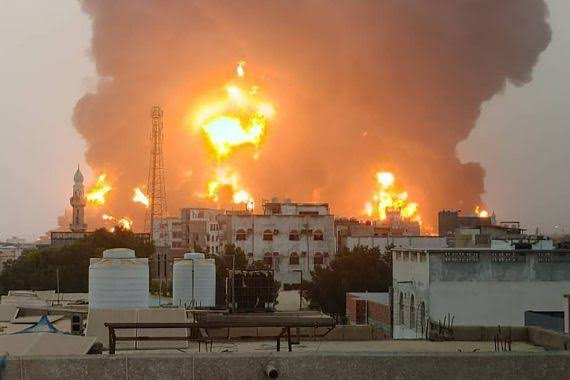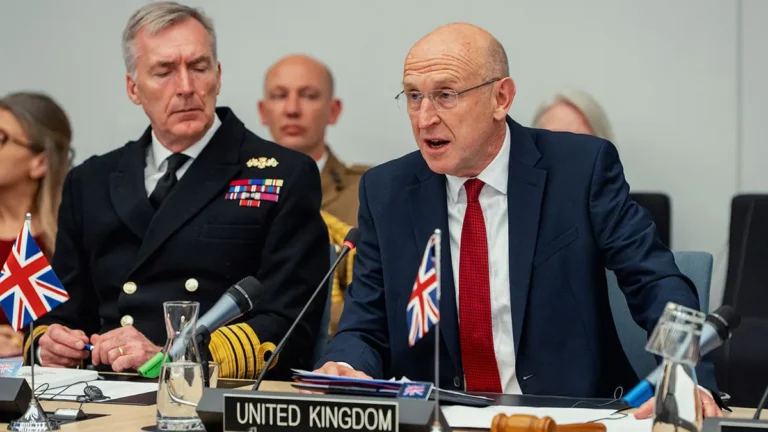
LIVE: Israeli Army Continues Bombing Gaza Amid Reports of Ceasefire Talks
GAZA CITY / TEL AVIV – July 6, 2025 – Israeli airstrikes pounded several areas across the Gaza Strip on Sunday, killing dozens of Palestinians and wounding many more, even as renewed diplomatic efforts are underway to reach a ceasefire deal between Israel and Hamas. The latest wave of attacks hit densely populated neighborhoods in Gaza City and parts of central and southern Gaza, where civil defense crews continued to pull survivors from collapsed buildings.
According to Gaza’s health ministry, at least 60 people were killed in the past 24 hours, including women and children, marking one of the deadliest days in recent weeks. Hospitals across the enclave, already on the verge of collapse, struggled to treat the influx of wounded amid dwindling supplies, fuel shortages, and relentless bombardment. The humanitarian crisis has deepened, with aid organizations warning that food, medicine, and shelter are critically lacking.
Despite the violence, diplomatic momentum appears to be building. An Israeli delegation has arrived in Doha, Qatar, to participate in indirect ceasefire negotiations, brokered by the United States, Egypt, and Qatar. The proposed framework involves a phased 60-day truce, during which hostages would be released, humanitarian aid expanded, and discussions on a permanent ceasefire would begin.
However, the positions of both sides remain sharply divided. Hamas has reportedly accepted the broad outline of the truce but demands a guarantee of Israeli troop withdrawal and a permanent end to the war. Israeli officials, on the other hand, have labeled Hamas’s conditions “unacceptable,” insisting that military operations will continue until Hamas’s military capabilities are neutralized.
Central to the deal is the release of about 10 Israeli hostages held by Hamas, in exchange for a significant number of Palestinian prisoners and the restoration of humanitarian corridors. The U.S. has expressed cautious optimism, with Secretary of State Antony Blinken urging both sides to seize the opportunity, warning that delay would only worsen the suffering on the ground.
Political tensions in Israel are further complicating the process. Far-right ministers in Prime Minister Benjamin Netanyahu’s cabinet, particularly Finance Minister Bezalel Smotrich, have voiced strong opposition to any ceasefire without a total defeat of Hamas. Smotrich also criticized the government’s decision to allow more humanitarian aid into Gaza, calling it a “strategic error.”
Meanwhile, the humanitarian situation in Gaza has become increasingly dire. UN agencies and aid groups report that over 80% of the population is displaced, and access to clean water, electricity, and healthcare is nearly non-existent. The World Health Organization has called for an immediate ceasefire to allow critical aid to flow into besieged areas and for hospitals to receive emergency support.
As ceasefire talks continue behind closed doors, residents of Gaza remain caught in the crossfire, fearing each night could bring new devastation. International observers warn that without a breakthrough soon, the death toll will continue to climb and the risk of regional escalation will grow. Whether diplomacy can halt the bombs remains an urgent, unanswered question.






